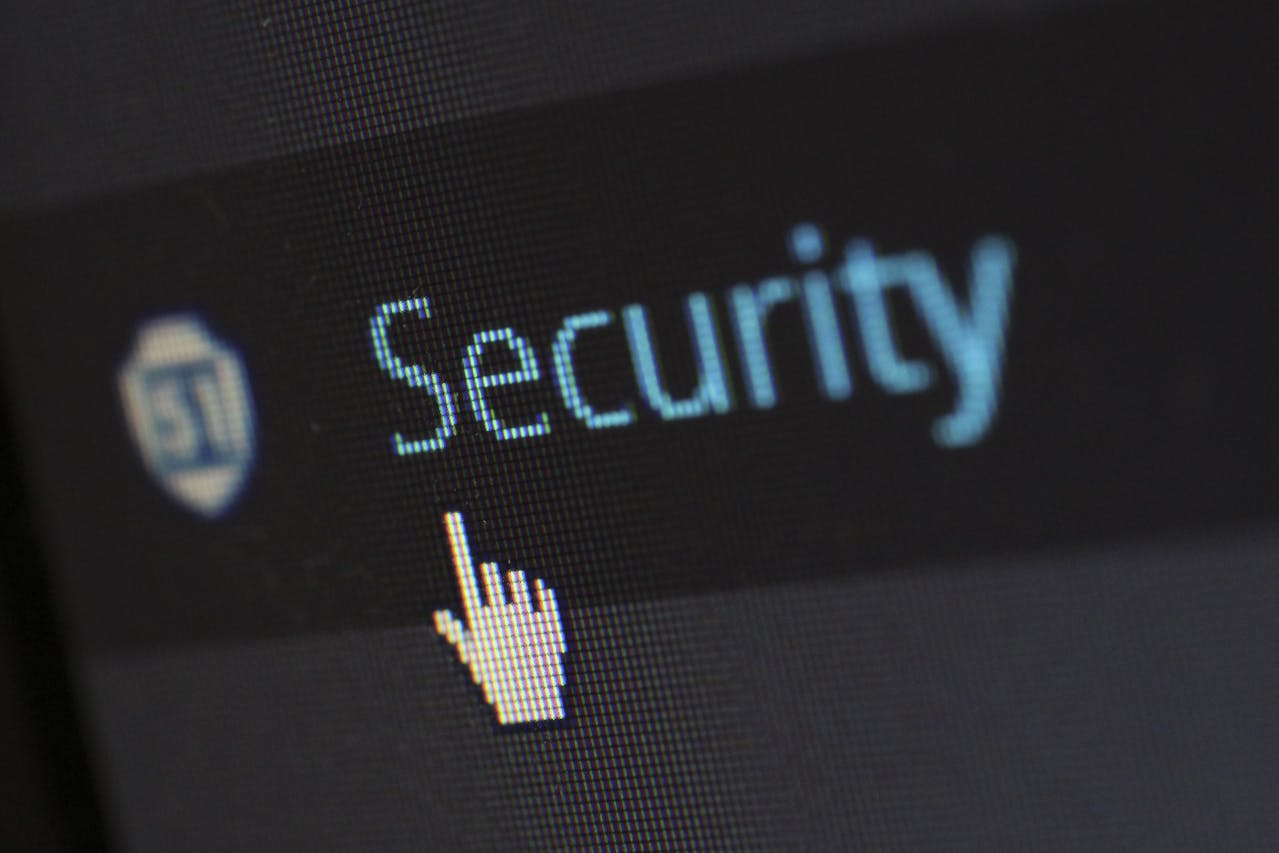 Do you find yourself handing out fewer business cards than you did ten years ago? You’re probably not alone. With lawyers turning more to LinkedIn, Twitter and other digital alternatives to connect with others (both business contacts and clients), there’s a very real case to say that in the US and UK, in the not-so-distant future, business cards may be a thing of the past.
Do you find yourself handing out fewer business cards than you did ten years ago? You’re probably not alone. With lawyers turning more to LinkedIn, Twitter and other digital alternatives to connect with others (both business contacts and clients), there’s a very real case to say that in the US and UK, in the not-so-distant future, business cards may be a thing of the past.
What are the stats? “74 per cent said they hardly use them”
In a recent post Why the humble business card is in rapid decline Liam Ward-Proud of City A.M. outlines some sample stats from UK businesses generally:-
“But in the UK, at least, the humble business card seems to be in decline. Office search company officebroker.com recently surveyed over 500 people working in businesses, and found that 22 per cent of those who relied on physical cards 10 years ago have since done away with them. And of the 78 per cent of people who are still issued cards by an employer, 74 per cent said they hardly use them. Like fax machines and brick-sized mobile phones, the business card may be becoming a relic of a bygone era.”
In a post Passing out business cards is quickly becoming passé in the Los Angeles Times, Matt Stevens notes further stats of the decline of the business card from the US:-
“Chalk up another looming casualty of the Internet age: business cards…U.S. sales of business cards have been falling since the late 1990s, according to IBISWorld Inc., an Australian business data company with offices in Santa Monica whose data go back to 1997. The slide appears to be accelerating. Last year printers posted revenue of $211.1 million from the segment. That’s down 13% from 2006…Analysts said printed business cards, like newspapers, books and magazines, are fast giving way to digital alternatives. Smartphones, tablets and social media are helping people connect more quickly and seamlessly than ever before.”
3 reasons why it could soon be the end of business cards for lawyers
So what about the use of business cards by lawyers in particular? There are three main reasons why lawyers could soon stop using them altogether:-
- First, there are many digital alternatives, some of which are understandably much more practical and many of which are becoming everyday tools for lawyers. Indeed the print industry as a whole is suffering due to the ease at which we can connect with people online with less paperwork. These include the possibility of:-
- Asking to connect on LinkedIn. One of the great uses of LinkedIn is that it provides an online address book, much more easily searchable and sortable than a stack of business cards or a paper form address book. And getting in touch with a person thereafter is possible at the click or touch of a button, with the ability to send a message from anywhere at any time. Note, however, that in some situations a lawyer may not want to connect with people on LinkedIn, for instance if on opposite sides of a litigation or for family lawyers connecting with their clients or looking up spouses of divorcing clients on LinkedIn, where there is a professional practice risk. Also, as with Twitter noted below, not everyone is on LinkedIn (yet!).
- Asking to connect on Twitter
- Connecting via email and rely on a searchable email inbox for finding the person in future. .vcf files downloaded from a lawyer’s profile on their website can also help.
- Relying on just giving your name and ask to be found in future via Google or social channels
- Using other digital apps. Some of the companies behind these such as CardCloud have, themselves, predicted the end of physical business cards (MIT Technology Review post). Note that some of the main ones that gained a great deal of investment such as Bump (which allowed users to share contact details by ‘bumping’ smartphones; note this was acquired by Google before being shut down) have disappeared mainly because of the significant popularity and simplicity of the options already outlined above. Contrastingly note that some apps help sustain the business card in a digital context, such as CardMunch (a LinkedIn app – note this was discontinued) and CamCard (which allows for scanning of business cards), which has gained significant traction with over 100 million users.
- Second, the business card, at least in the traditional sense, no longer encourages people to contact a lawyer, if it ever really did. In their post “Business cards that mean business“, Law Absolute note that “the days of traditional business cards are gone but they are certainly not forgotten, having taken an entirely different shape.” Instead it’s all about being smarter with their use and advancing your own branding. Law Absolute also set out various other clever digital alternatives. In addition, Attorney Ernie Svenson makes a valid point back in 2008 about the need for lawyers to stand out with their marketing and, if the business card is to be retained in any form, at least it should be used creatively. As Ernie says, reiterating point one above,
“Frankly, if people want to find me all they have to do is google ‘ernie attorney’ or ‘ernest svenson’ and they’ll find all the information they need. My physical address and so forth is up on the web, where it can be updated if it changes. My email address is on each of my weblogs. Even if I didn’t have a business card, it would be easy for people to contact me if they wanted to. My business card should encourage them to contact me, and I’ve learned that traditional business cards don’t do much in the way of ‘encouraging.’”
- Third, lawyers are starting to exploit the potential in virtual meetings, with less reliance on meeting face-to-face.
- As noted on the AVG blog, “Virtual meetings have hit the mainstream amongst UK SMEs. The meteoric rise of the flexible workforce means people (business owners and employees) are plugging into meetings from all over the place; so the necessity of travelling in for a conference is on the wane. According to research from technology brand Brother, half of the UK’s small businesses will be using video conferencing by the end of 2015. As well as the ability to enable working from home, reduced travel costs are seen as a key benefit of video conferencing by 62 per cent of respondents.”
- This trend has also been picked up by Richard Susskind, author of “Tomorrow’s Lawyers”, who predicts that lawyers will be forced, due to economic pressure, to take advantage of the technological opportunities of working remotely and spending less on expensive fixed assets such as elaborate offices. Online dispute resolution is, for instance, one of the fast growing trends that will encourage more remote working.
- And what about at face-to-face meetings? Former lawyer Jay Shepherd shared his experience of attending a legal conference a few years ago on the Above the Law blog: “When 1,500 lawyers gathered at this week’s ABA TechShow in Chicago, an interesting thing happened: The business card died…instead of exchanging business cards, many of the attendees were trading Twitter handles — their online identities that begin with the @ symbol. (I’m @jayshep.) Massachusetts lawyer Gabriel Cheong (@gabrielcheong) told me that by the end of the conference, he had collected exactly zero business cards”. Sceptics will say that such an event was geared more towards tech-savvy lawyers and that it was at a conference rather than a more private business meeting so, as such, these comments aren’t so relevant to the rest of the profession. But these lawyers are merely ‘early adopters’, embracing technological trends earlier than others who will inevitably follow in later years.
3 reasons why it’s unlikely to be the end of business cards for lawyers
However, there are also three compelling reasons why lawyers are actually likely to continue to use business cards for at least the next 50 years, even in their most boring traditional form:-
- First, it’s still expected. It may be seen as unprofessional not to have them. Lawyers are inherently highly competitive and tend to follow tradition and etiquette so if someone in a meeting presents a lawyer with their business card, it would be extremely hard for the lawyer just to say ‘I don’t have one’. Imagine, in particular, this happening in Japan where business meeting etiquette dictates that business cards are swapped at the very start of the meeting. Instead, they could certainly explain why they’ve decided against such cards in favour of whatever other method of connecting is to be preferred eg LinkedIn, Twitter etc as noted below. But in doing so, they’d have to be holding themselves out in many meetings as relatively ‘early adopters’, something which lawyers certainly don’t to be. Which brings us to the second reason:-
- Second, most lawyers are not keen on embracing technology. As lawyer Mark Wilson Esq, a strong believer in the continued prominence of business cards for lawyers, notes “business cards are easy to understand and no one has to learn new technology.”
- Third, they’re relatively cheap. Even with today’s emphasis on strong branding consistency across all stationery, the cost of the initial branding consultancy to get the lawyer’s firm’s identity portrayed effectively in business card form and then for the printing of the cards (even for tens or hundreds of lawyers) shouldn’t break the bank. With most branding agencies, the business card is just one small piece of all firm stationery. And for sole-practitioners and small law firms, the cost of a few thousand business cards using a local or online supplier will always be minimal; indeed the price is getting driven down and even TV ads continue to offer significant discounts on basic business card design and printing.
Conclusions: Business cards won’t get cut from today’s average law firm’s budget any time soon
Ultimately, it appears that the business card isn’t going to get cut from today’s average law firm’s budget any time soon: it’s cheap, convenient and to some extent still expected. But there are significant trends towards other digital alternatives. While today’s generation of lawyers may be compelled to keep using business cards, even in their non-creative boring traditional form, the next generation of digital-savvy lawyers, many of whom will be working remotely for much of their work, may be much more willing to rely purely on other, much more practical options.
What do you think? Especially interested in hearing from you if you are a lawyer with a strong opinion on this, one way or the other. Also if anyone wants to send in a photo of your own business card, I’d be delighted to publish for the audience, particularly the more creative examples.


